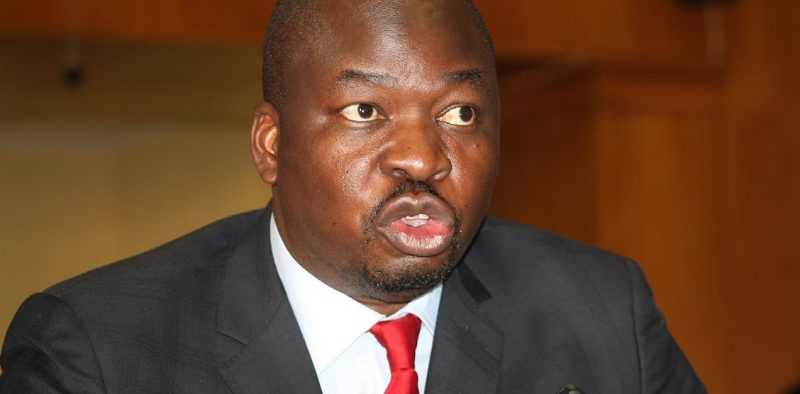
New Ziana– The new import duty for fuel tankers in transit was necessary to curb the abuse of the electronic cargo tracking system, permanent secretary for the Ministry of Finance, Economic Development and Investment Promotion, George Guvamatanga said on Wednesday.
Government, in 2017, introduced the Electronic Cargo Tracking System that uses electronic seals and transmitters to monitor cargo, in particular fuel, in response to increasing incidences of transit fraud, whereby goods imported under the Removal in Transit are offloaded on the local market without payment of the requisite duty.
But in the mid-term policy statement presented last month, the government introduced a temporary import duty on fuel in transit to other countries, a move hoped to help curb rampant cases of transit fraud.
Speaking during a Zimbabwe Economics Society and Friedrich-Ebert Stiftung breakfast meeting, Guvamatanga said the new duty was introduced because the electronic cargo tracking system being used by the tax collector had failed to stop transit fraud.
“The challenge we have heard was failure of the electronic cargo tracking system. It’s not a failure, we had abuse of the electronic cargo tracking system where the tracker is actually removed and put in a Honda Fit and the system is telling me that the truck is moving but meanwhile it’s the Honda Fit. So there has been massive abuse and we have continued to say can you please behave until the last resort was to say no you pay the duty and you acquit on exit,” he said.
“And we have put in place a system which we believe is adequate enough to allow for quick refund of those taxes,” he said. Guvamatanga said the duty on fuel in transit could be a temporary measure.
Related Stories
“We are actually looking at further enhancement of the electronic cargo tracking system to ensure that possibly we go back to the old system. We also do not want to be uncompetitive as a transit destination or to putinto place measures that hinder free trade. But at the moment having tried everything else, we were left with no option than to say pay and on exit you acquit and we pay you back,” he told the meeting.
Critics have said the temporary duty will make Zimbabwe even more expensive as a freight route.











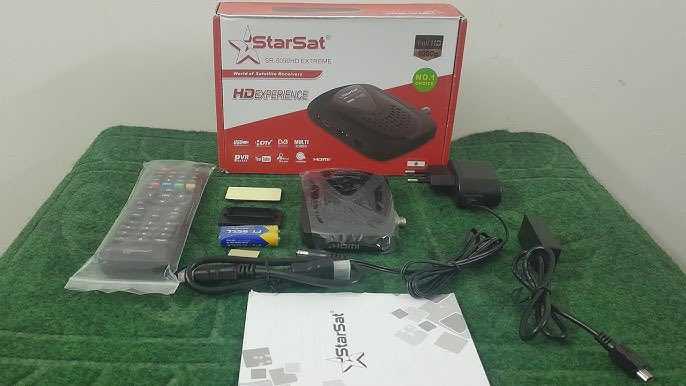


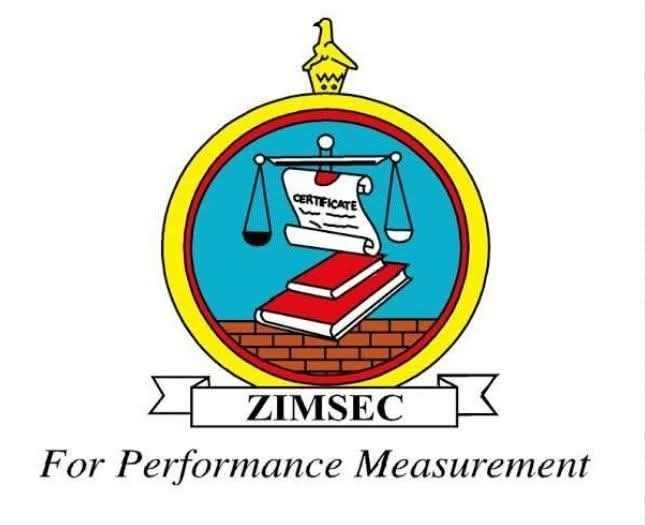
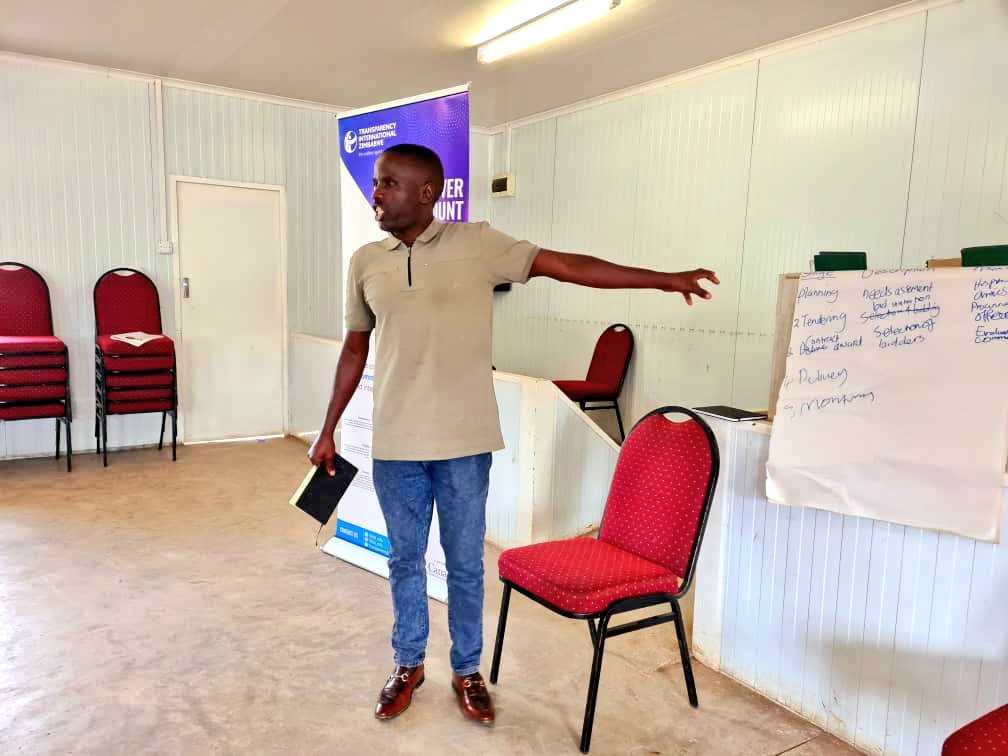
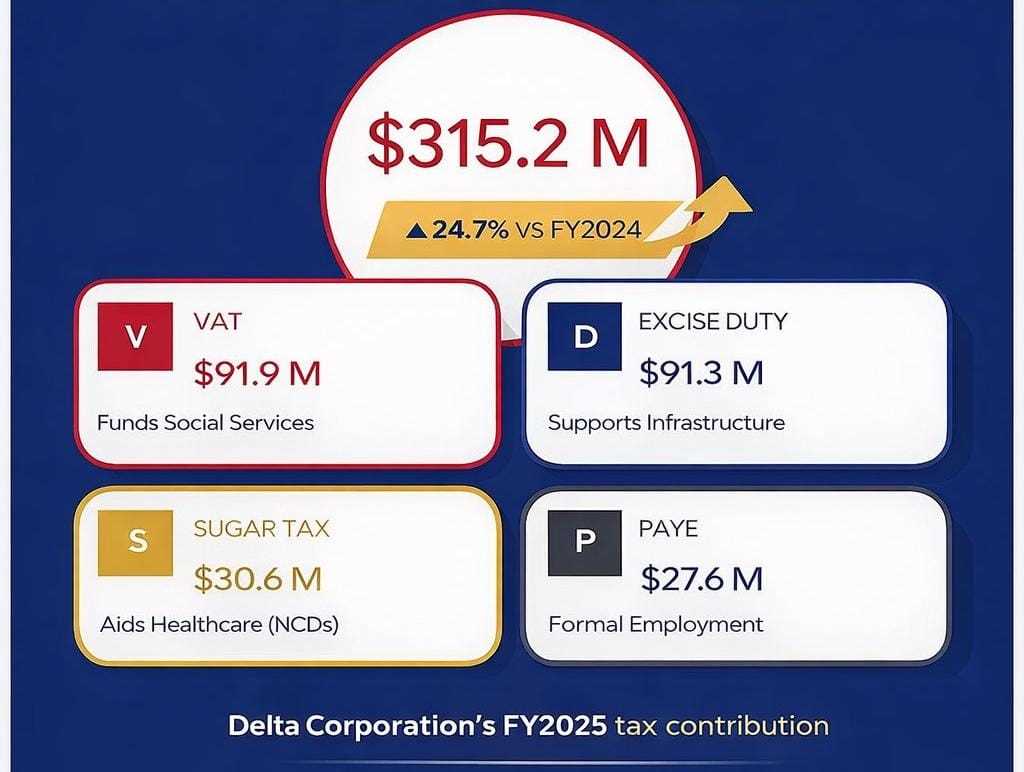
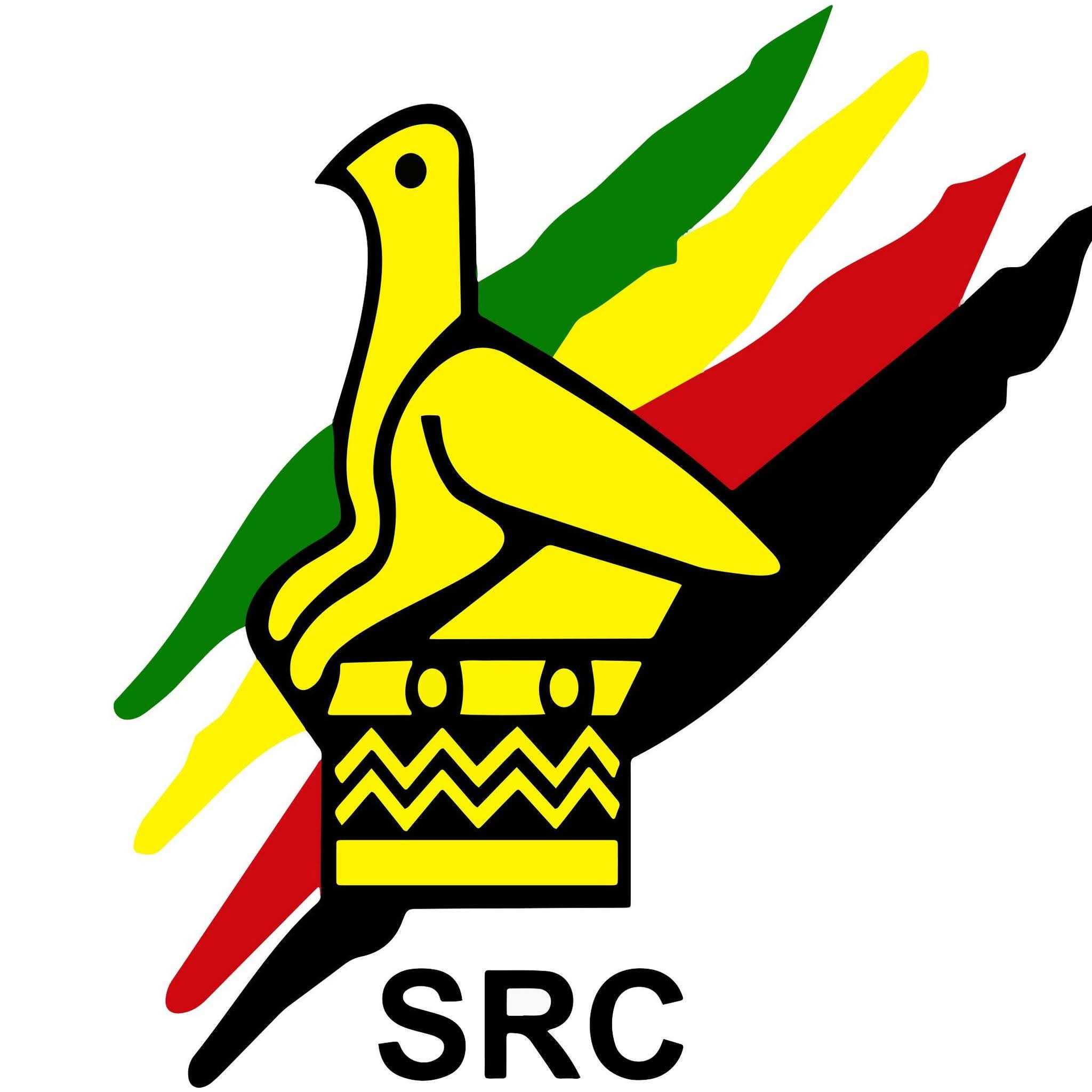


Leave Comments